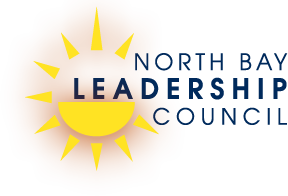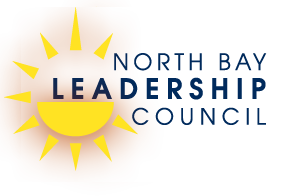Dominican University of California Has Received a National Award for “Institutional Transformation”
Dominican University of California has received a national award for “institutional transformation” in recognition of the university’s work creating partnerships that deepen student civic learning and strengthen local communities.
Dominican has been awarded Campus Compact’s Richard Guarasci Award for Institutional Transformation. The award recognizes four-year or graduate institutions that have successfully implemented institution-wide efforts to address issues of public concern by aligning teaching, research, practice, and values in service of the common good.
Dominican has, over the past decade, taken comprehensive and sustainable action to ensure community engagement is deeply embedded in its curriculum and programs.
This includes:
- Developing the Dominican Experience, an educational model grounded in high-impact practices with community engagement as one of four tenets;
- Adopting institution-wide learning outcomes with a category for practice of civic skills and social responsibility;
- Redesigning the curriculum, comprising revisions to every major, minor, including a new Social Justice major, and the general education program, which now contains a category for Civic Knowledge and Engagement;
- Founding the Center for Community Engagement, whose advisory board has defined effective practices in community-engaged teaching and learning for the campus and developed a Civic Action plan that is currently being implemented;
- Creating campus and community partnerships to advance equity work both on and off campus.
Community voice, community priorities, and community-based teaching and learning will remain institutional priorities, President Nicola Pitchford said.
“Our university is uniquely positioned as an engine of greater social equity, not only through opening educational opportunities to a student body comprising many from diverse and formerly excluded populations, but also through our capacity to produce research and knowledge in partnership with local communities,” she said.
“We will continue to build on a decade of intentional, institution-wide reorientation around the insight that all students, and especially underrepresented students, learn best (and we teach best) in contexts of applied problem-solving.”
The 2021-2022 academic year marks the 17th year that Dominican students have served as advocates for equity, working alongside community partners and community residents through the university’s Service-Learning program.
“We value our many reciprocal partnerships — and a shared commitment to social justice and equity — that inspire our work,” President Pitchford said. “The guiding objective for this work is clear: to challenge systemic racial and economic injustice through community engagement and civic knowledge, to prepare students for fulfilling careers and meaningful lives, to see our campus and community thrive.”
Each semester, about 300 students participate in service-learning-designated courses, engaging with non-profit organizations and schools. Last semester, for example, students connected and contributed to the greater community through 20 service-learning courses. Much of the work focused on addressing issues in marginalized communities throughout Marin County that have been exacerbated by the pandemic. The work is particularly urgent, as the COVID-19 pandemic is stretching the resources of many community and non-profit organizations.
Dominican’s Center for Community Engagement, led by Executive Director Julia van der Ryn, advances the university’s commitment to community partnerships, providing support and advocacy for the greater community and in turn generating meaningful connections and social justice education for our students.
“Grounding and connecting academic learning with relevant and pressing issues is crucial in our current climate,” van der Ryn said. “Community-engaged learning that intentionally focuses on the larger contexts and social issues that impact people’s lives, that values lived experience and knowledge of our students and community members –– is education for social change.”
The crux of the university’s transformation is its signature program, the Dominican Experience.
Developed over the past decade, The Dominican Experience is an educational pathway that provides undergraduates with access to personalized coaching – including academic and career advising and peer mentors – and the opportunity to engage with the community through service-learning, internships, and fieldwork. Students also work with faculty mentors to develop original research or creative projects and, through digital portfolios, showcase personal growth, academic accomplishments, and professional skills.
Dominican has 2,089 undergraduate and graduate students. One-third of the undergraduate students are Pell-eligible, 68% identify as BIPOC, and more than 25% are the first in their family to attend college. Dominican’s graduation rates have improved more than 14% since 2016. Both the four-year and six-year rates are well above the national averages.
In the last five years, Dominican ranked #10 in the nation for early college graduate career earnings; #11 among 578 selective private colleges for social mobility; and #1 in the nation for institutional transformation.
Campus Compact is a national coalition of colleges and universities committed to supporting institutions in fulfilling their public purposes by deepening their ability to improve community life and to educate students for civic and social responsibility. The Richard Guarasci Award for Institutional Transformation is presented as part of Campus Compact’s Impact Awards, which recognize the outstanding work of individuals and institutions in pursuit of the public purposes of higher education.
https://www.dominican.edu/news/news-listing/national-award-cites-commitment-student-civic-learning

